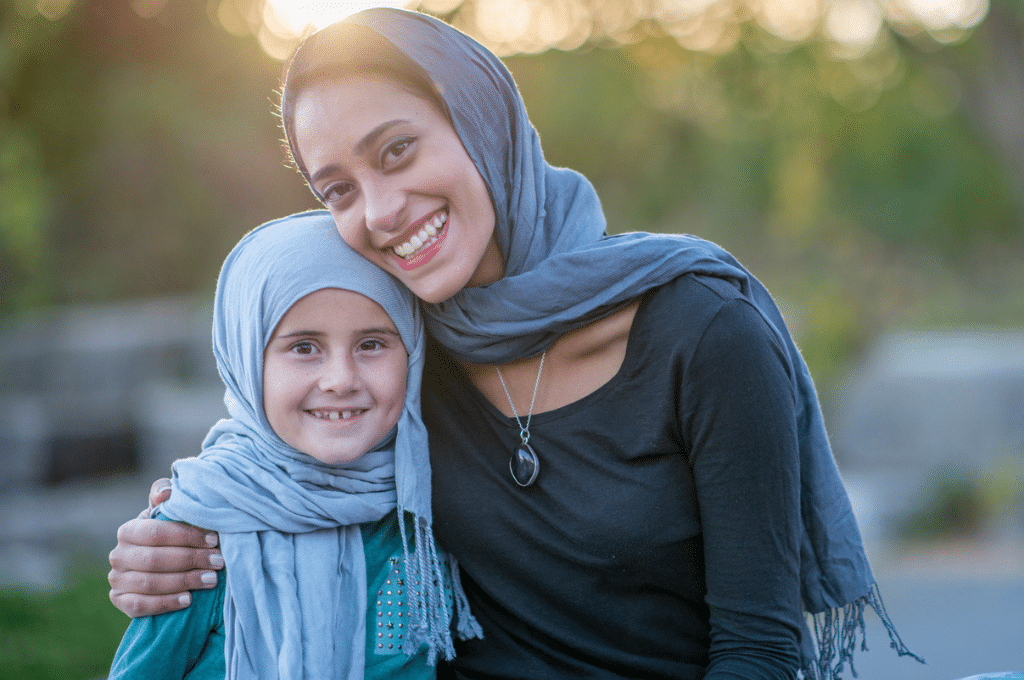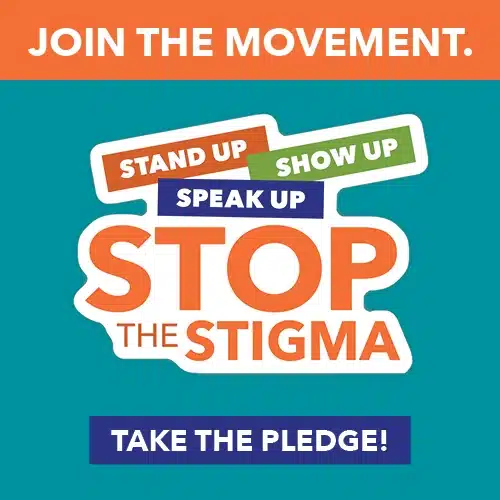Each July, we recognize Bebe Moore Campbell National Minority Mental Health Awareness Month, a time to raise awareness about the unique mental health challenges faced by Black, Indigenous, and People of Color (BIPOC), including those within immigrant communities.

As an organization deeply committed to inclusive care, we understand that immigrants and refugees often carry invisible burdens such as stress from relocation, cultural displacement, trauma from unsafe conditions, and the fear of stigma. Mental health support can feel out of reach due to language barriers, lack of culturally competent providers, or fears tied to immigration status.
Understanding the Need
Immigrants and first-generation families may experience:
- Fear of seeking help due to stigma, mistrust, or concerns about documentation
- Trauma and grief related to displacement, separation from family, or past violence
- Language and financial barriers that limit access to care
Accessible Mental Health Resources
These challenges make it crucial to offer equitable and culturally aware mental health support. Here are trusted resources offering culturally competent care and information:
Local Care through Oaks Integrated Care
Oaks offers mental health services across New Jersey, including bilingual providers and trauma-informed programs. Services include outpatient counseling, community support, crisis intervention, and more.
National & Culturally Relevant Resources
- Mental Health America BIPOC Toolkit
Resources tailored to racial, cultural, and linguistic needs, including worksheets, support groups, and advocacy tools. - The National Queer and Trans Therapists of Color Network
A directory and support fund to connect LGBTQ+ BIPOC individuals with affirming mental health care. - Therapy for Latinx
A national directory focused on connecting Latinx individuals with therapists who understand their background and speak their language. - Refugee Mental Health Services (USCRI)
Offers culturally relevant care, case management, and trauma support for refugees and asylum seekers.
How You Can Support Mental Health in Immigrant Communities
Mental health is not one-size-fits-all and healing begins with understanding. Together, we can lift up immigrant voices, and create a world where everyone feels supported.
- Normalize mental health conversations in your community
- Share resources in different languages
- Encourage immigrant and refugee families to seek support without shame
- Advocate for mental health access in schools, places of worship, and healthcare systems
- Support organizations providing culturally competent care
Take the Pledge to Stop the Stigma
We believe everyone deserves access to respectful, culturally aware mental health care. That’s why we launched the Stop the Stigma campaign, designed to raise awareness and foster empathy for those struggling in silence. Join us by taking the pledge!









